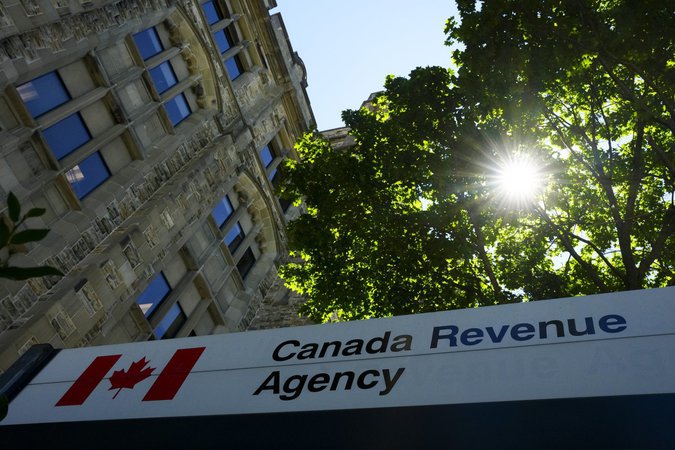Navigating Repayments and Strategies for Small Businesses: Extending Loans and Dealing with the CRA
As the emergency loans provided by the federal government during the COVID-19 pandemic are coming due, many small businesses find themselves seeking ways to extend their repayments and strategize their financial obligations. In this article, we will explore some options available to small businesses, repayment strategies, and how to effectively deal with the Canada Revenue Agency (CRA).
1. Extending Repayments
For small businesses facing challenges in repaying their emergency loans, there are a few options to consider:
a) Loan Extensions
Contact your lender to discuss the possibility of extending the loan repayment period. Many financial institutions are willing to work with businesses and provide flexible repayment terms. Explain your situation and explore the available options.
b) Loan Restructuring
If your business is experiencing financial difficulties, you may consider restructuring the loan. This could involve negotiating lower interest rates, reducing monthly payments, or adjusting the repayment schedule to better align with your cash flow. Consult with your lender to explore this possibility.
c) Government Assistance Programs
Check if there are any government assistance programs available to help businesses with loan repayments. Governments often introduce initiatives to support struggling businesses during challenging times. Stay updated with the latest information from relevant government agencies or consult with a financial advisor.
2. Repayment Strategies
Developing a repayment strategy can help small businesses manage their loan obligations effectively. Consider the following strategies:
a) Prioritize High-Interest Loans
If your business has multiple loans, prioritize repaying those with higher interest rates first. By focusing on these loans, you can reduce the overall interest paid and potentially free up more funds for other financial obligations.
b) Create a Realistic Budget
Create a detailed budget that includes all your business expenses and loan repayments. This will help you understand your financial position and identify areas where you can cut costs or allocate funds more efficiently. Stick to the budget to ensure timely repayments.
c) Increase Revenue Streams
Explore opportunities to increase your business’s revenue streams. This could involve diversifying your products or services, expanding your customer base, or implementing marketing strategies to attract new customers. Generating additional income can help meet your loan repayment obligations.
3. Dealing with the CRA
When it comes to dealing with the CRA regarding loan repayments, it’s essential to maintain open communication and follow these steps:
a) Timely Filing of Tax Returns
Ensure that you file your business tax returns accurately and on time. Late or incorrect filings can lead to penalties and additional financial burdens. If you anticipate challenges in meeting your tax obligations, communicate with the CRA and seek their guidance.
b) Seek Professional Advice
If you are uncertain about how to navigate the complexities of dealing with the CRA, consider seeking professional advice. An accountant or tax professional can provide guidance specific to your business and help you stay compliant with CRA regulations.
c) Communicate with the CRA
If you are experiencing difficulties in repaying your loans and meeting your tax obligations, communicate with the CRA as soon as possible. They may be able to provide guidance, offer payment arrangements, or suggest alternative solutions to help you manage your financial situation.
Remember, the CRA’s goal is to support businesses and ensure compliance, so maintaining open lines of communication is crucial.
In conclusion, small businesses facing the repayment of emergency loans can explore options to extend their repayments, implement repayment strategies, and effectively navigate their obligations with the CRA. By proactively seeking solutions and maintaining open communication, businesses can better manage their financial responsibilities and pave the way for long-term success.


